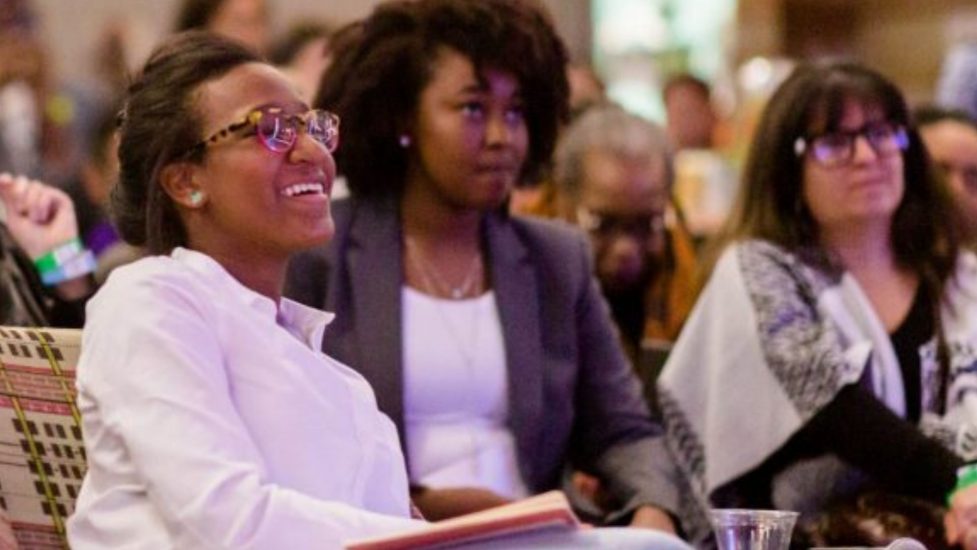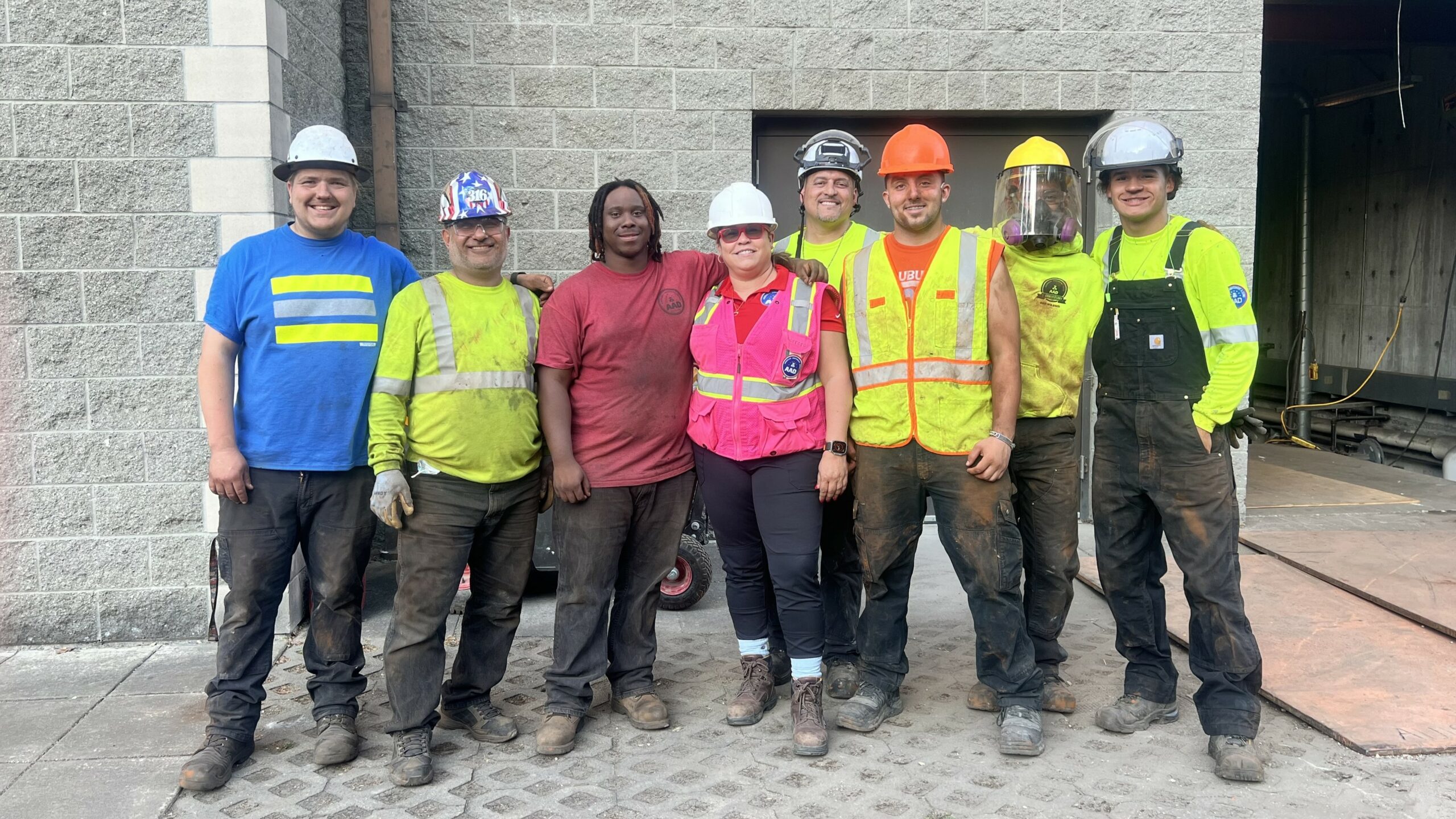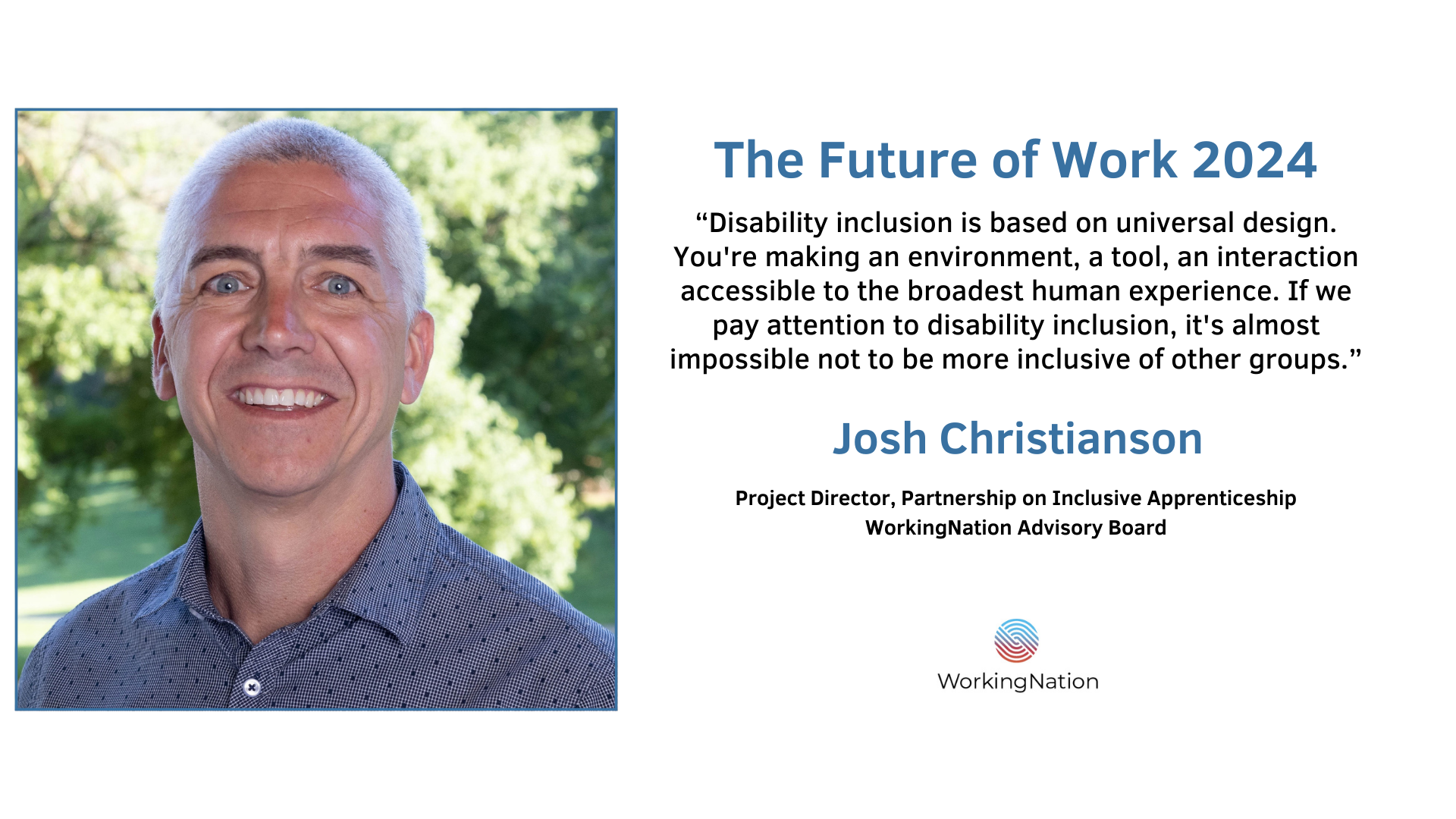
Editor’s note: Black History Month is as much about the present and the future as it is about the past. This month, WorkingNation is looking at the state of the Black workforce as we continue to examine efforts to ensure that the post-pandemic economic recovery is accessible to all. – Ramona Schindelheim, WorkingNation editor-in-chief
“We work to create social and financial capital for Black and Brown women-identifying founders. And we do that through capital, capacity, and community,” says Shelly Bell, CEO and founder of Black Girl Ventures.
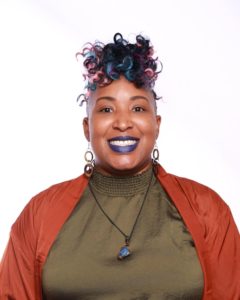
“Black women are not getting access to capital and Black women were starting businesses at six times the national average, pre-pandemic,” adds Bell.
The organization has recently received funding from two corporate sources to help BGV move its mission forward.
Big Business Steps In to Help Small Business
BGV will use its just-announced $500,000 grant from The Kroger Co. Foundation to launch a nine-month fellowship program in Cincinnati. Bell explains, “We’re going to teach women on the ground how to do what we do at Black Girl Ventures. They will, in turn, create access capital for the women in their markets and access to training.”
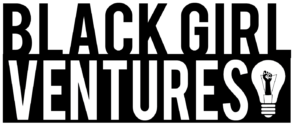
Last month, BGV received $500,000 from Nike. These funds, according to Bell, will be used to start a fellowship program in Chicago. BGV also plans to create murals and storytelling around the murals in Washington, D.C., Philadelphia, and Miami. “There’s women out here really working and I want them to be represented,” notes Bell.
Bell says the events of 2020 may have spurred companies to get involved. “It wasn’t so much that they didn’t know they needed to make a move. It was that they didn’t know how fast they needed to make it. And this really sped up their efforts.”
A Pandemic Pivot Reaps Rewards
The pandemic has allowed BGV to expand its reach beyond its original in-person chapters. “We pivoted to online quickly because our community was looking for a community. They were looking for people like them. They were looking for other people to have these conversations with,” explains Bell.
“Community is all the people around you that you’re visible to or can become visible to – to potentially support what you’re working on. This ecosystem includes the citizens of the community, the colleges, the corporations, all of these different players have to be involved to really push things forward.”
BGV currently has 12 participating cities in its “crowdfunding meets pitch competition” and plans to expand those efforts.
Entrepreneurship is vital to economic recovery, says Bell. “It’s essential. And we’re going to have to move to a place—no business left behind. Right now, we need people hired. We have so many people unemployed. And what that means is if you are a ‘solo-prenuer’ and you can hire some contractors, we need you doing that. We need people hiring and infusing capital into people’s homes.”
Looking ahead, despite all the recent upheaval, Bell remains hopeful. “I’m a serial optimist, so I can’t help, but to feel optimistic. Optimism is all I have.” One of the plans on the horizon is a collaboration with Coolhaus, a women-led ice cream company.
Says Bell, “We’re going to be launching our own ice cream flavor. When you buy this ice cream, it will help create grants for Black and Brown women founders to get access to marketing, intellectual property, and design for their companies.”
You can listen to Shelly Bell’s previous conversation with WorkingNation editor-in-chief Ramona Schindelheim on the Work in Progress podcast.

